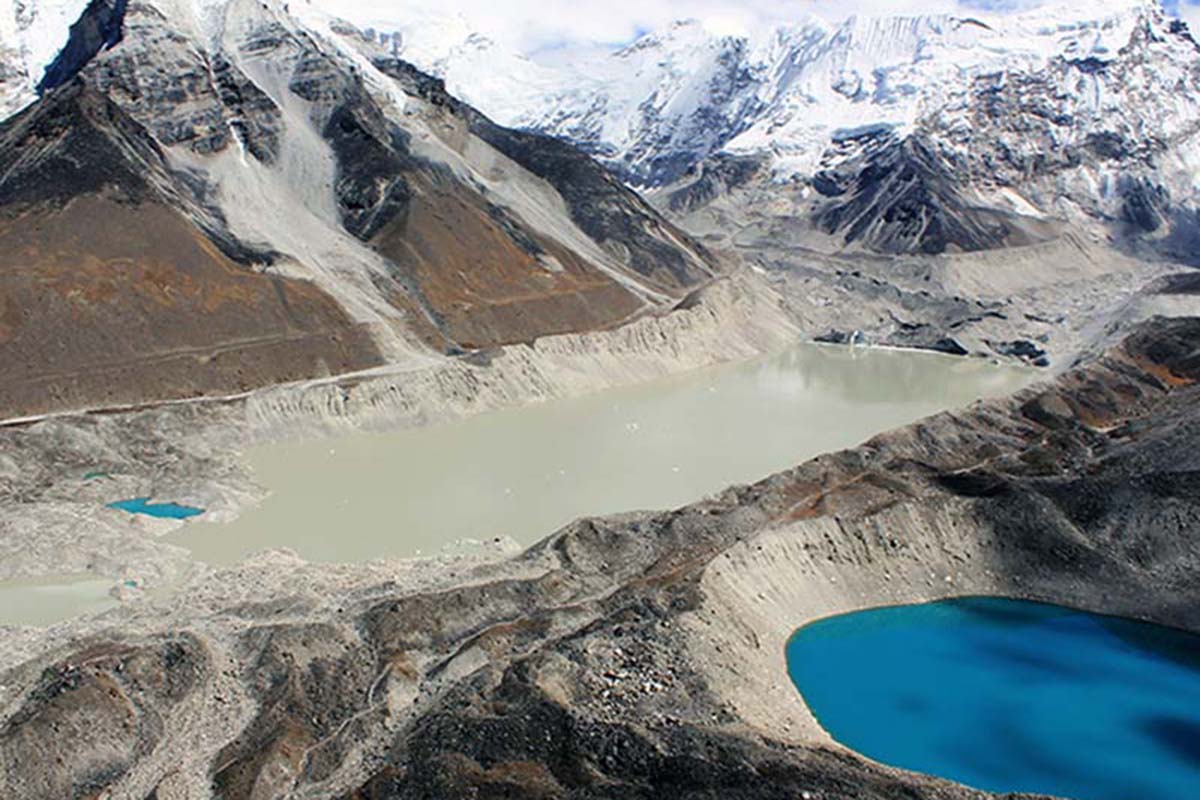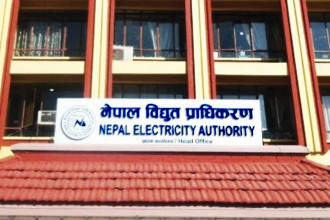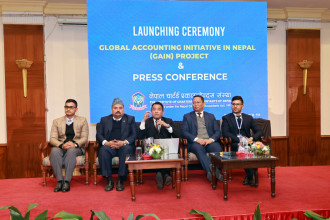
KATHMANDU: Nepal is set to host an international dialogue themed 'Mountains, People, and Climate Change', in Kathmandu on May 22-23, 2024.
This follows the UN Climate Change Conference (COP28) recognising this impact and calling for mitigation measures.
The dialogue will convene experts from 23 countries and numerous delegates from various sectors.
Maheshwar Dhakal, Joint Secretary at the Ministry of Forests and Environment (MoFE), stated that the dialogue aims to prioritise mountain ecosystem-based climate resilience and enhance the negotiating capacity of mountainous countries on climate change.
The dialogue will host key figures from the UNFCCC, UN agencies, World Bank, and Asian Development Bank.
Buddhi Sagar Poudel, Chief of the MoFE's Climate Change Management Division, said the conference would deepen understanding of the Himalayan region's climate change impact and contribute to a resilience strategy.
The Dialogue will explore the impact of climate change, its crises, risks, and potential solutions. It will also discuss climate adaptation, justice, gender equality, and local concerns while advocating for clean energy investment, climate finance accessibility, and stronger international partnerships.
Dr Popular Gentle, Climate Change and Environment Advisor to Prime Minister Dahal, expects the Dialogue to highlight climate change's impact and risks in mountainous regions.
The event aims to identify common climate issues and challenges faced by mountain countries, and advocate for the rights of Himalayan communities. It also seeks to mitigate climate change's impact on mountain communities through adaptation measures, clean energy, innovations, and research.
The Dialogue aims to prepare a roadmap for the 60th session of the UNFCCC's Subsidiary Body for Scientific and Technological Advice and the Body for Implementation (SB 60) in Bonn, Germany.
Despite the mountain region catering to over 15% of the world's population's needs and providing habitats for a significant portion of wildlife, mountain countries have not reaped expected benefits due to inadequate representation in international forums.
The issue of mountains was globally acknowledged for the first time at the Dubai Conference. The COP28 decided on the climate crisis in the mountainous region and instructed to organise an "expert dialogue on mountains, people, and climate change" at the UNFCCC's "SBSTA" meeting in June.
Since the CO15 in Copenhagen in 2009, Nepal has been championing the cause of climate change impact on the Himalayas. This was highlighted by UN Secretary General, Antonio Guterres, at the COP28 opening ceremony.
Under Prime Minister Dahal, Nepal hosted a significant round-table meeting at COP28, focusing on mountain regions.
The Paris Agreement aims to limit global temperature rise to 1.5 degrees Celsius by the century's end. However, the Himalayan region's temperature is projected to exceed 1.8 degrees Celsius before 2050, risking significant glacier melt.
Data shows a decade-long temperature increase in the mountains of 0.05 degrees Celsius per decade, accelerating glacier melt and impacting the Himalayan ecosystem and island nations.
From 1980 to 2010, glacier area decreased by 25%. The International Centre for Integrated Mountain Development (ICIMOD) reports that of Nepal's 2,700 glaciers, 21 are at risk, along with 25 in China's Autonomous Region and one in India.
(With inputs from RSS)






